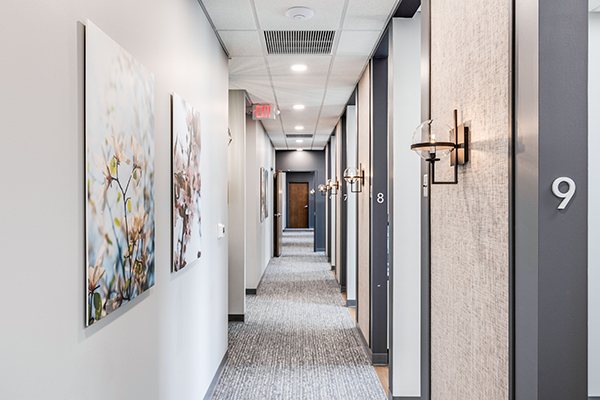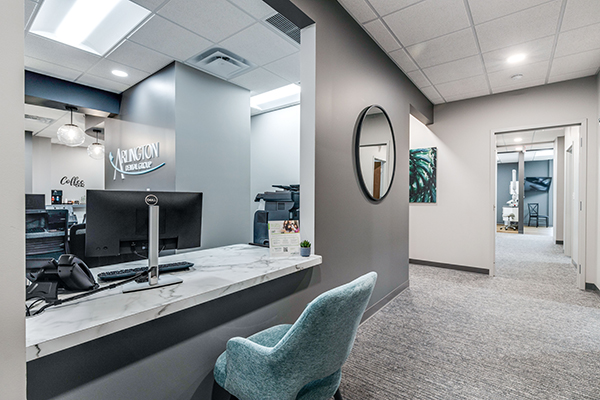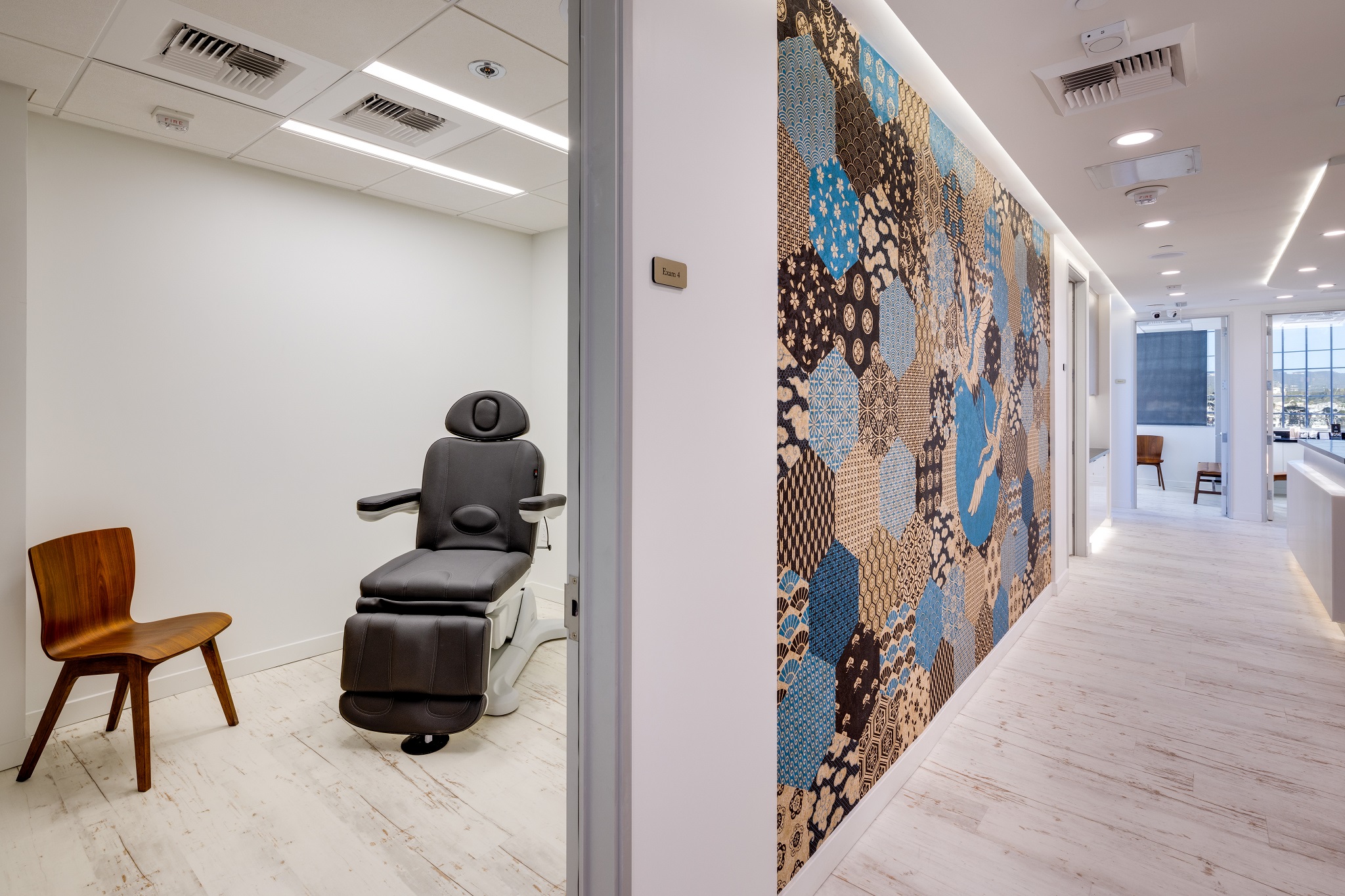Why Multi-Site Healthcare Organizations Need Representation
Multi-site healthcare organizations operate in a demanding world, balancing patient care, operational efficiencies, and navigating the complexities of real estate. While securing locations might seem straightforward, navigating this process without dedicated representation can expose your organization to hidden pitfalls and missed opportunities. Here’s why healthcare organizations need a seasoned advocate in their corner:
1. Unmasking the Complexities
Navigating lease proposals, real estate jargon, and landlord negotiations can be overwhelming, especially when dealing with diverse portfolios across different markets. Dedicated representation is akin to having a seasoned guide by your side. They bring expertise to the table, meticulously dissecting lease terms, identifying hidden fees, and staunchly advocating for your best interests. Imagine the benefits of avoiding unfair rent hikes or securing crucial concessions – these savings directly contribute to enhanced profitability, which in turn translates to improved patient care.
Having a dedicated advocate in the complex world of healthcare real estate brings an invaluable depth of knowledge. Lease terms can hide intricate details that might not be apparent at first glance. With a representative dedicated to your organization’s needs, you not only navigate the complexities but also gain insights that might otherwise be missed. This proactive approach goes beyond immediate negotiations, fostering long-term strategies for optimizing your real estate assets. The advocate becomes a trusted partner, ensuring that every lease decision aligns with your organization’s goals, leading to sustained financial health and, consequently, improved patient care.

2. Cost-Efficiency Guardian
Real estate isn’t merely about physical space; it is a substantial cost driver for healthcare organizations. Having dedicated representation ensures that you not only optimize your portfolio but also negotiate favorable terms, minimizing hidden expenses and potential pitfalls. This proactive approach involves evaluating existing leases and securing favorable renewals. The result is efficient cost control that unlocks valuable resources for improved patient care and/or technology upgrades.
The cost-efficiency guardian role extends beyond immediate negotiations. With a dedicated representative, your organization gains a partner in long-term planning. They bring a holistic view, analyzing how each real estate decision impacts your overall budget and strategic goals. By securing favorable renewals, you not only control costs but also free up resources for essential investments. This partnership is a continuous process, ensuring that your healthcare organization remains financially resilient, adaptable to market changes, and capable of providing top-notch patient care.
3. Leveling the Playing Field
In the realm of real estate negotiations, there’s often an inherent bias toward landlords who naturally prioritize their own interests. To counteract this, dedicated tenant-only representation acts as your advocate, placing your needs at the forefront. Think of it as having a champion in the negotiation arena – someone fiercely negotiating for the best possible terms, rent concessions, and lease flexibility, all focused on your organization’s benefit.
The significance of leveling the playing field cannot be overstated. With a dedicated advocate, your organization gains a distinct advantage in negotiations. Unlike representatives catering to both landlords and tenants, a tenant-only advocate is singularly devoted to your interests. This focused advocacy ensures that every term within a lease negotiation is scrutinized to favor your organization. From rent concessions to lease flexibility, the advocate becomes an unwavering force securing terms that align with your strategic goals. This approach not only safeguards your financial interests but also establishes a foundation for a collaborative and mutually beneficial landlord-tenant relationship.
Existing leases are not immutable. Renewal periods offer a crucial opportunity to revisit terms and optimize your real estate footprint. However, navigating renewal deadlines and negotiating effectively requires foresight and strategy. This is where dedicated representation becomes your secret weapon. They bring the expertise to seize renewal opportunities, ensuring you secure favorable terms that align with your evolving organizational needs.
The renewal phase becomes a strategic moment in your real estate management. A dedicated representative serves as your organization’s secret weapon by carefully orchestrating the renewal process. Their foresight enables them to anticipate upcoming deadlines and plan negotiations well in advance. Armed with an intimate understanding of your organization’s goals, the representative strategically renegotiates terms, potentially expanding favorable conditions and optimizing your real estate footprint. This proactive approach not only safeguards against unfavorable leases but positions your organization for sustained success by aligning your real estate strategy with evolving healthcare trends and patient care requirements.
Beyond Finding Space
Real estate representation goes beyond securing locations. It’s about building a partnership that supports your multi-site organization’s long-term goals. With dedicated advocates, you gain comprehensive strategic planning, proactive risk management, and peace of mind knowing your real estate interests are always prioritized.



 3. Not Knowing Market Availability And Comps
3. Not Knowing Market Availability And Comps
